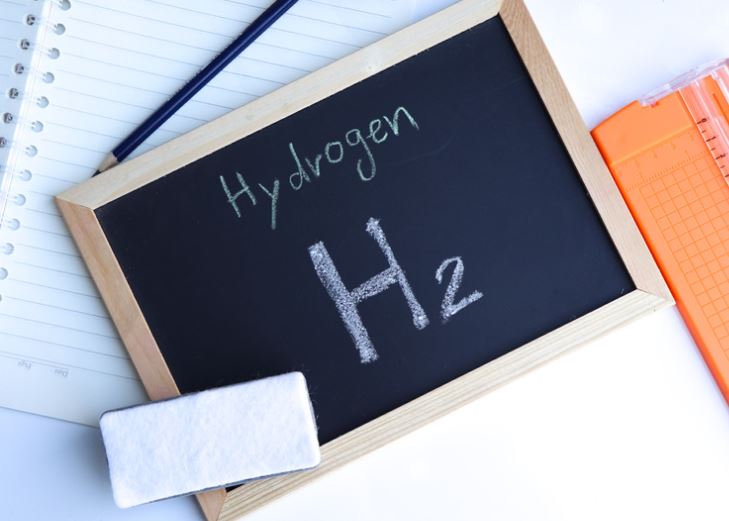The European Commission is facing pressure to enact a careful and inclusive formulation of ‘low-carbon’ fuel guidelines. Fears persist that hastily assembled regulations could encourage the reckless utilization of fossil gas.
Following a political agreement with government representatives last year, the European Parliament is anticipated to endorse the Gas and Hydrogen Markets Directive in the coming week. This directive assigns the EU executive a year to tackle the intricate question of what constitutes ‘low-carbon’ fuel.
The legislation’s duration and quality hold vast implications in determining which technologies are eligible for policy and financial assistance, significantly impacting the natural gas industry’s future.
On April 2, environmental organizations and the wind and solar power industries, bolstered by the Danish shipping industry, urged the Commission to establish a firm definition for ‘low-carbon hydrogen’. This criterium aims to apply stiff conditions for hydrogen generated from natural gas amalgamated with carbon capture.
The involved groups, which include Transport & Environment, Environmental Defense Fund, and E3G, a climate think tank, underline the need for a transparent process informed by scientific knowledge. They stressed that ‘blue hydrogen’ should function as a beneficial tool for climate action.
The announcement of the intended delegated act presentation before Commissioner Kadri Simson’s term end in autumn has generated concern among groups. Subsequently, there is an increasing need for an exhaustive assessment to ensure supported technologies align with climate targets and establish fair competition with renewable hydrogen.
Hydrogen production is primarily fueled by natural gas, with the production of one tonne of H2 resultantly emitting around ten tonnes of CO2 – even more if incorporating emissions and methane leakage from upstream.
Though supporters of hydrogen assert that carbon capture and storage (CCS) can effectively decarbonize hydrogen production based on fossil fuel, skeptics worry about oil and gas industry motives. The concern is that by promoting blue hydrogen, these industries aim to extend the demand for fossil fuels amid the clean energy transition.
Certain NGOs and trade associations contend that fossil gas-derived hydrogen should only be classified as ‘low carbon’ if there is a very high CO2 capture rate during production – around 98%. They propose strict regulations on upstream methane leakage and a ban on carbon offsetting.
These parties also want a clause limiting blue hydrogen production to match the existing natural gas production capacity. This proposal asserts that ‘low-carbon hydrogen’ should not intensify Europe’s dependency on fossil fuels. Instead, it needs to be in line with the reduction outlined in the EU’s 2040 climate targets impact assessment.





